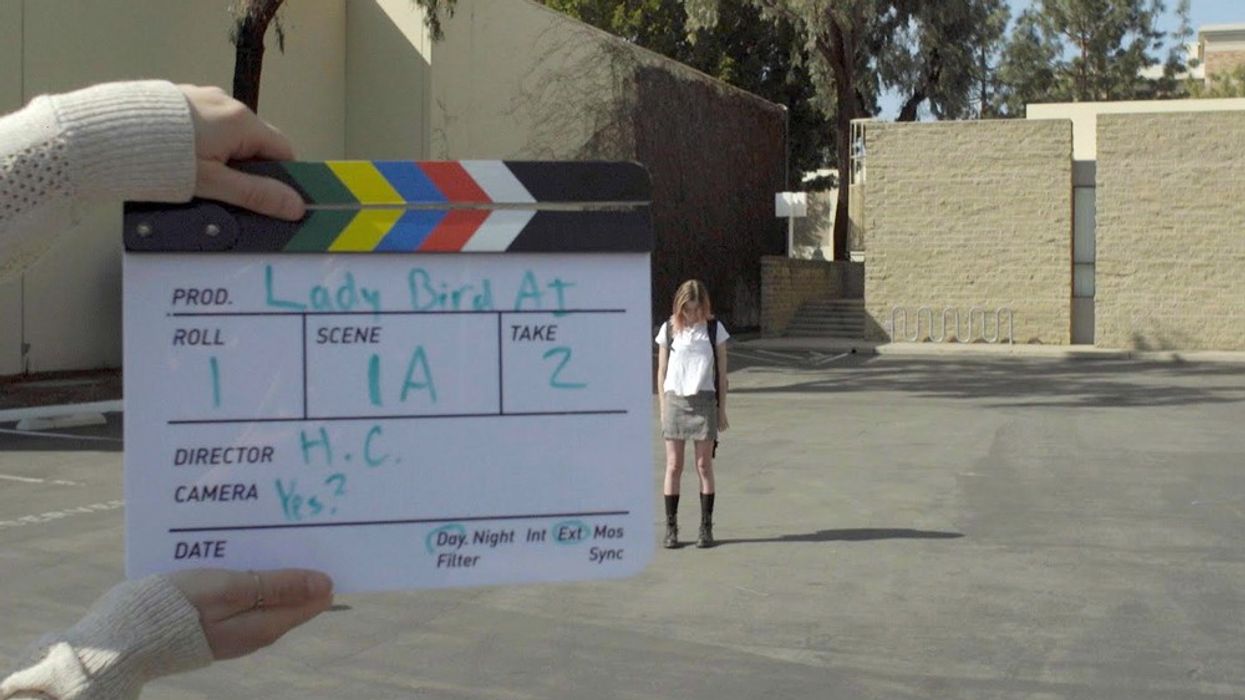Is Artificial Intelligence Any Good at Writing Screenplays?
Watch artificial intelligence write a new scene for Greta Gerwig's 2017 film Lady Bird.

For the past several months, me and my creative partner, Jacob Vaus, have been exploring the intersection of A.I. and human creativity. In a series of videos, we've focused on testing the A.I.'s ability to pick up on existing works and continue them with newly generated material.
Already we've created a new song from the musical Hamilton, an Eminem diss track on Mark Zuckerberg, and even tried baking cookies. More recently, we had A.I. write a short film and craft a new Dr. Seuss novel.
For our tests, we use OpenAI's GPT-3, an API that provides a general-purpose "text in-text out" interface. Meaning, you can input any English text, and it will create the task. For one of our more recent experiments, we inputted "The following is a new scene from the film Lady Bird" into the web-based program, and it generated a script for us.
As aspiring filmmakers, we took the script and produced it as close as we could to match the film it was modeled after. After finding our actors and a small crew, we worked to nail the look of the film. After prep, we shot the new scene following the script exactly before editing, sound design, and color.
Here are the results.
As people who write our own original films as well, working with the A.I. software is fascinating. It’s incredible how well the program can pick up on a writer's voice, the tone of a script, or the beginnings of narrative threads in a story. Some of our earlier work exemplifies this in the form of original shorts wherein we wrote the first page of a script, and let the software write the rest.
It’s also incredible to see how advanced the software is, having the ability to pick up seemingly everything about the film just from the single sentence input and to know to write the output in script format. It nails the characters, their relationship to each other, how they speak, what they want, and where the scenes should take place.
Admittedly, the A.I. does all this in a way that is easy to laugh at, but, at the same time, with a little adjusting, it’s not too far off from real scenes that very well might have landed on the cutting room floor.
Personally, we are both huge fans of Gerwig’s work, so getting to make something in that style was a challenge we enjoyed. We hope other fans will enjoy watching it just as much, both for the sort of nostalgic entertainment and for the fascinating computations about the film made by artificial intelligence.
Let us know what you think in the comments!











